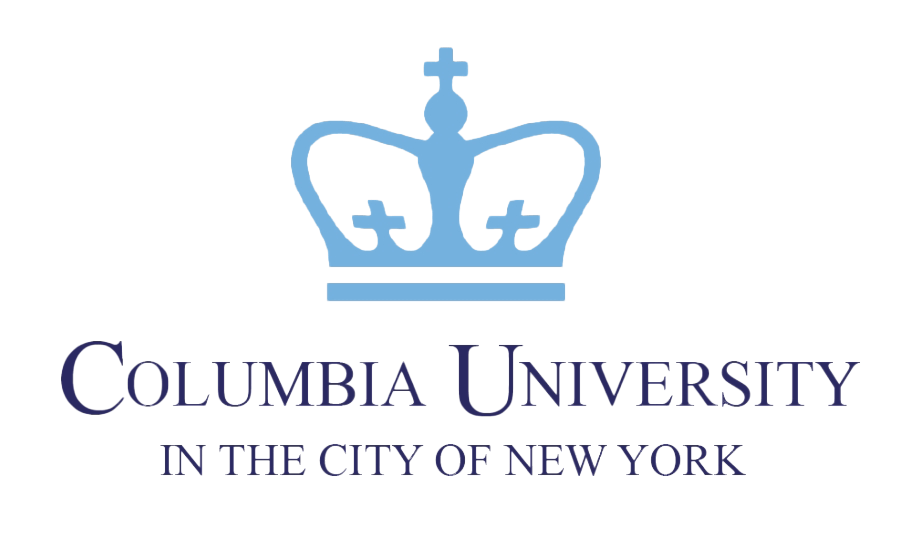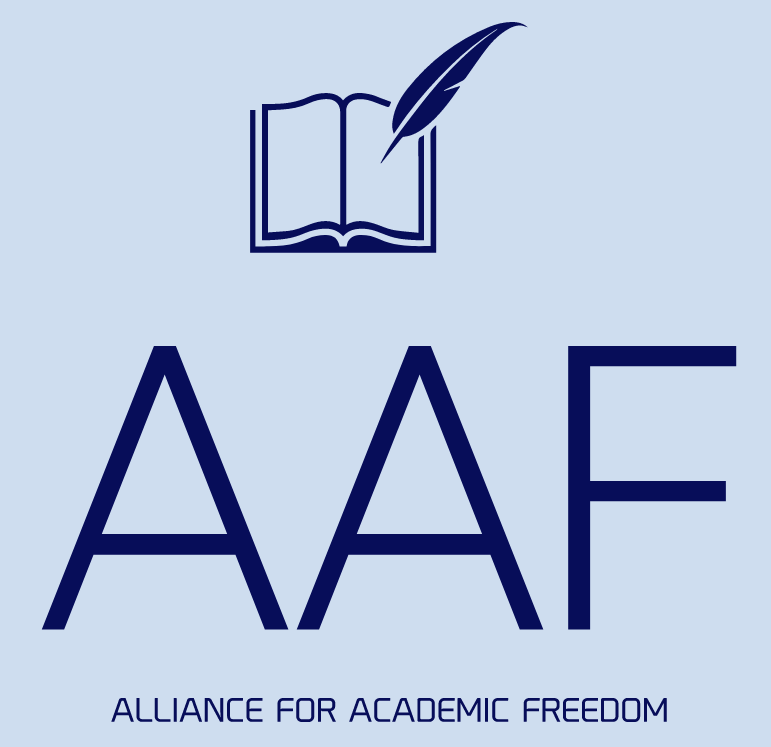In early April, Columbia University announced plans to create a global center in Tel Aviv. Those plans have come under political attack from some members of the university community—much to the alarm and dismay of other community members. The Alliance for Academic Freedom (AAF) supports the creation of the center and would regard capitulation to pressure to delay or cancel it as an intrusion upon academic freedom and an unwarranted politicization of the university’s mission. Columbia University President Lee Bollinger has opposed the long-running campaign to boycott the state of Israel. We anticipate that both he and incoming university president Minouche Shafik, will continue to uphold this stance against academic boycotts, along with the value of open exchange and the unpoliticized pursuit of learning, even when parties or members of a university community may have political disagreements.
Since 2009, Columbia University has opened ten global centers in cities around the world, including Beijing, Amman, Istanbul, and Nairobi. These centers serve as extensions of the university, fostering relationships between students and scholars abroad and those at Columbia. Political conditions in the host countries—even in countries that restrict academic freedom—have never served to prevent the creation of these centers. Indeed, faculty protest over these centers until now has been all but non-existent, even though several of these countries are far less free and democratic than Israel.
There is no compelling reason, therefore, for faculty who have accepted the existing centers to oppose the creation of one in Israel. On the contrary, many reasons recommend Israel as a site for such a center: its world-class universities, its many opportunities for scholarship, the generally liberal nature of its society (notwithstanding the separate issue of its occupation of the West Bank), its leadership in scientific and technological research and innovation. Many Columbia University community members, moreover, already have strong ties with Israel.
To abandon or curtail the plans would be, in effect, to affirm that Israel alone should be boycotted—a form of discrimination that is either arbitrary or invidious. As an organization, the AAF supports the national aspirations of the Palestinian people and opposes the continued occupation of the West Bank. But neither the occupation nor the current Israeli government’s plans to weaken the independence of its judiciary make it improper for an American university to collaborate with Israel’s academic institutions. International projects, whether in China or Turkey or Israel, invariably involve working in or with countries whose politics may merit criticism.
In the spirit of promoting academic freedom and resisting the forces of politicization and discrimination, Columbia University should continue with its plan to open a global center in Tel Aviv. We call on President Bollinger and incoming President Shafik to stand by these central principles of academic life.
ON BEHALF OF THE AAF EXECUTIVE COMMITTEE: SUSANA CAVALLO, DAVID GREENBERG, REBECCA LESSES, JEFFRY MALLOW, STAN NADEL, KEN STERN, CARY NELSON (Chair)
Alliance for Academic Freedom
